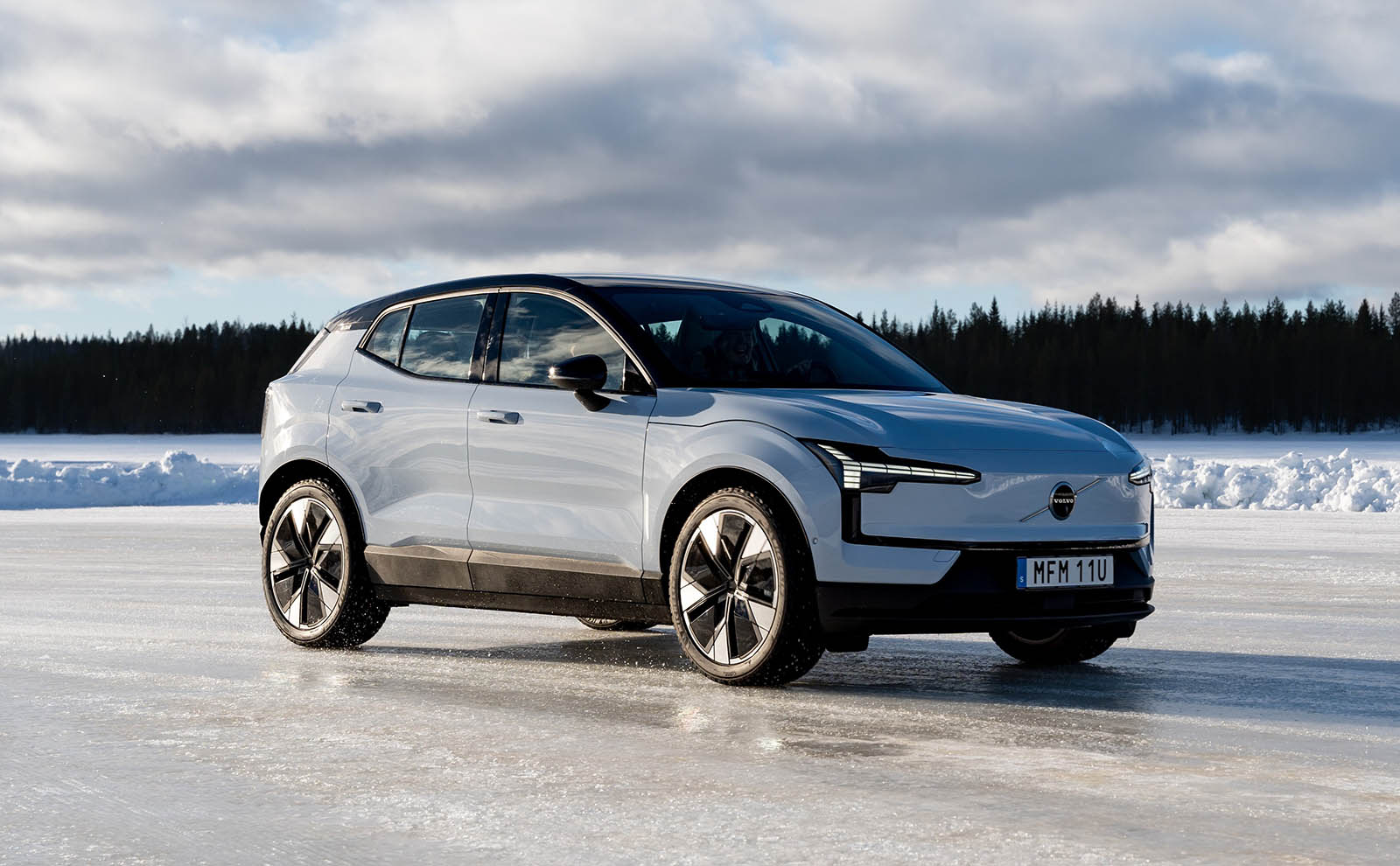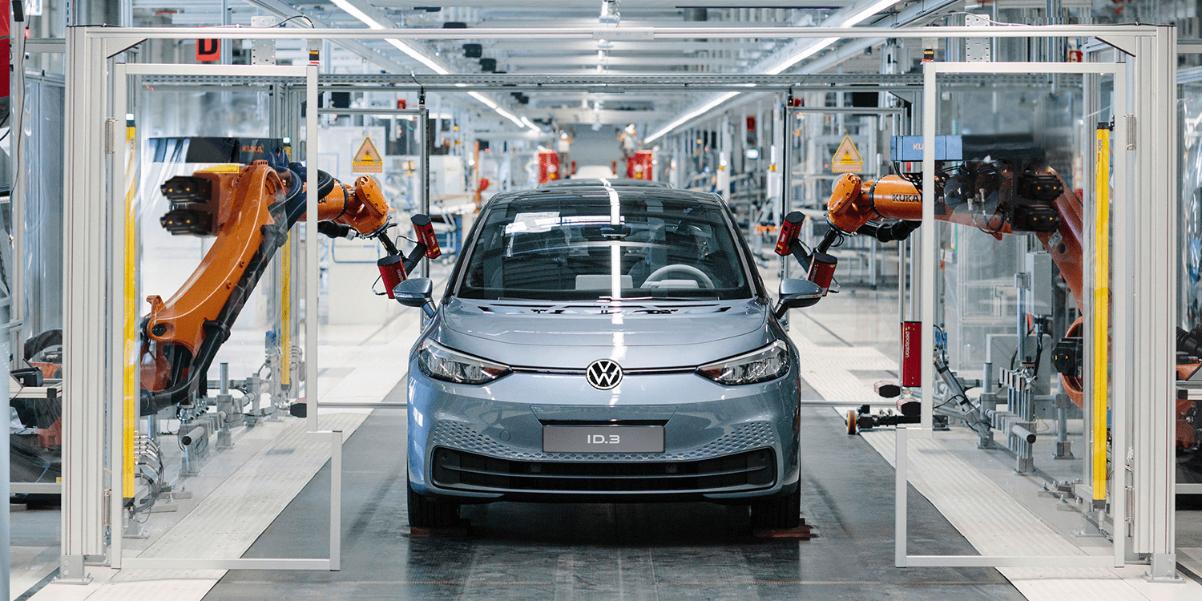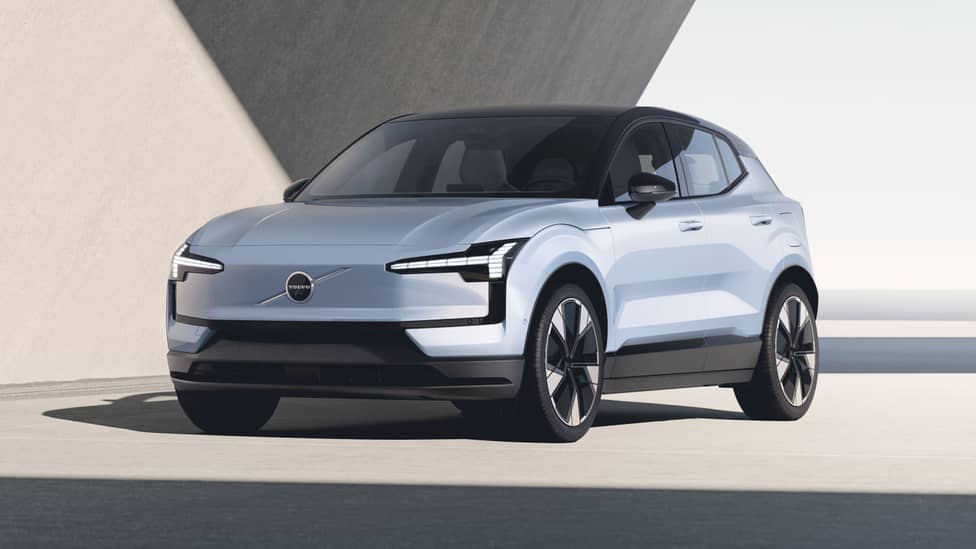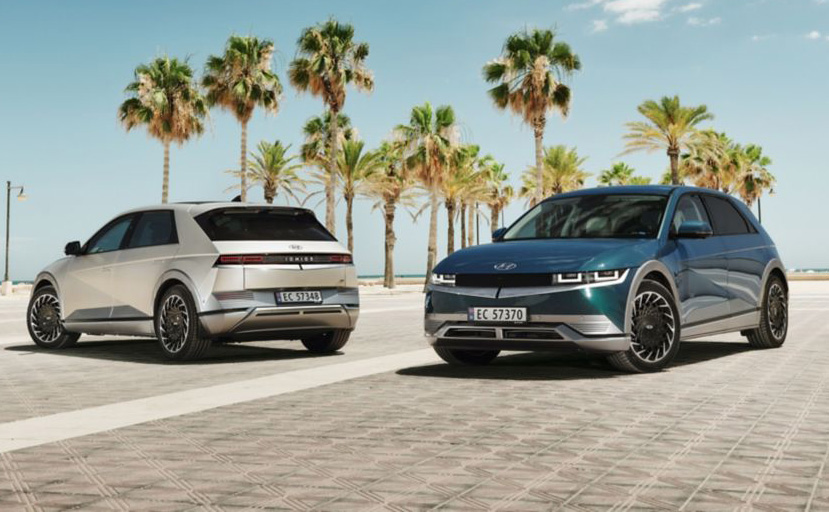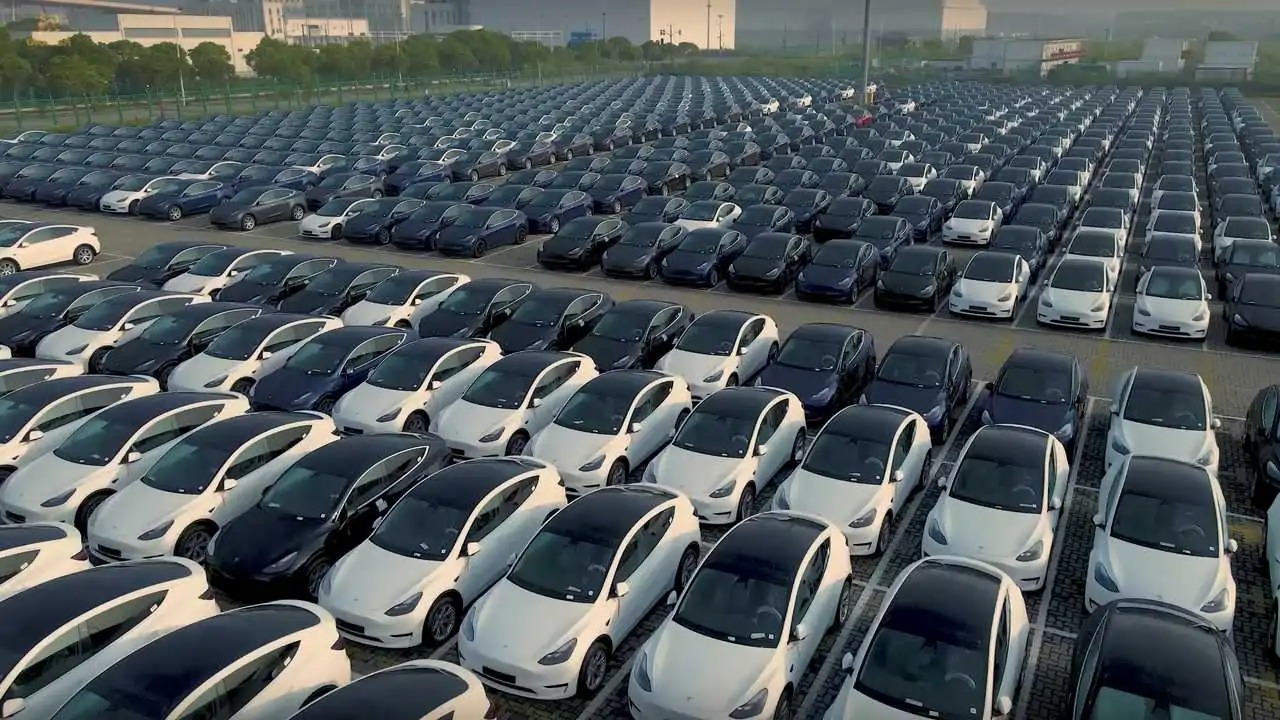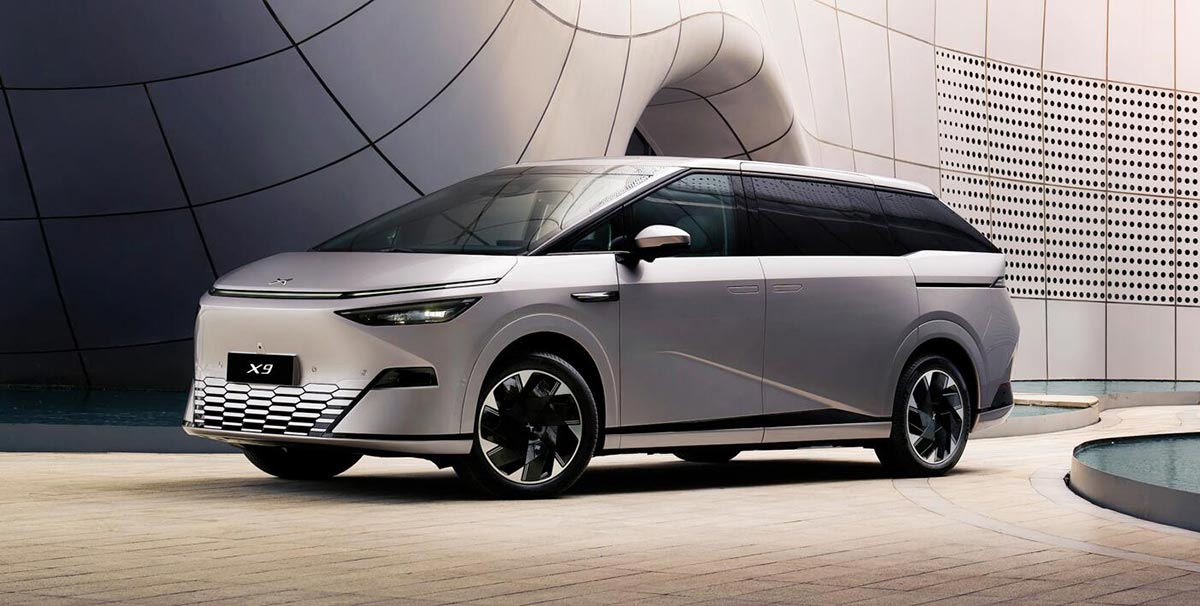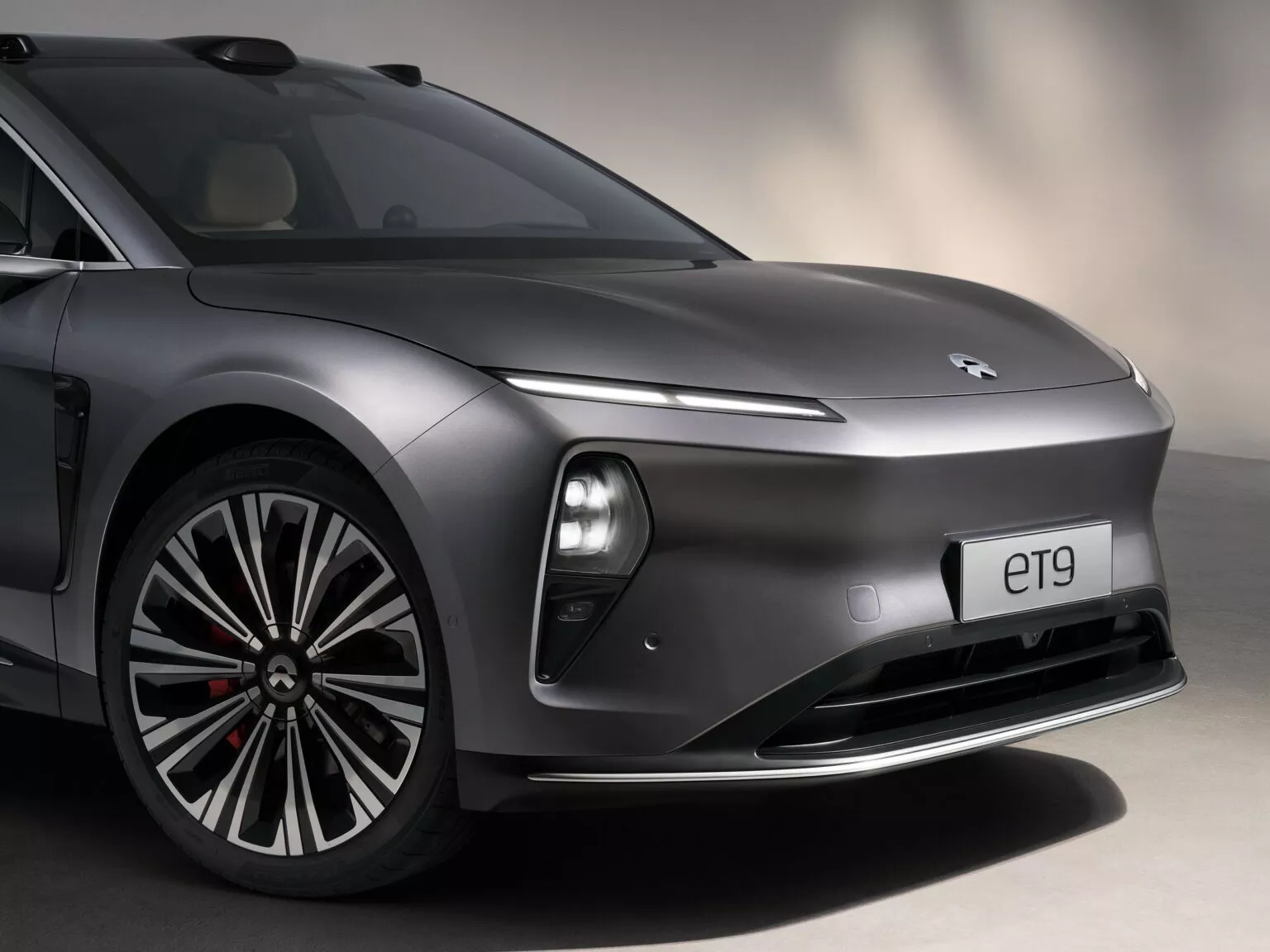Volvo Cars revised its full-year retail sales forecast on Thursday, citing European tariffs on electric vehicles (EVs) manufactured in China impacting one of its key electric models until production shifts to Belgium. Despite reporting stronger-than-expected second-quarter results, Volvo adjusted its sales growth forecast for the year to 12%-15% from the previous 15%.
“It’s really driven by tariffs,” CEO Jim Rowan told Reuters. “It’s a short term issue for us, but it is an issue and we’re just going to have to deal with that.” Rowan emphasized the uncertainty surrounding the growth forecast, stating, “We wanted to put a floor on that for the markets to say we’re still going to grow but there are some headwinds.”
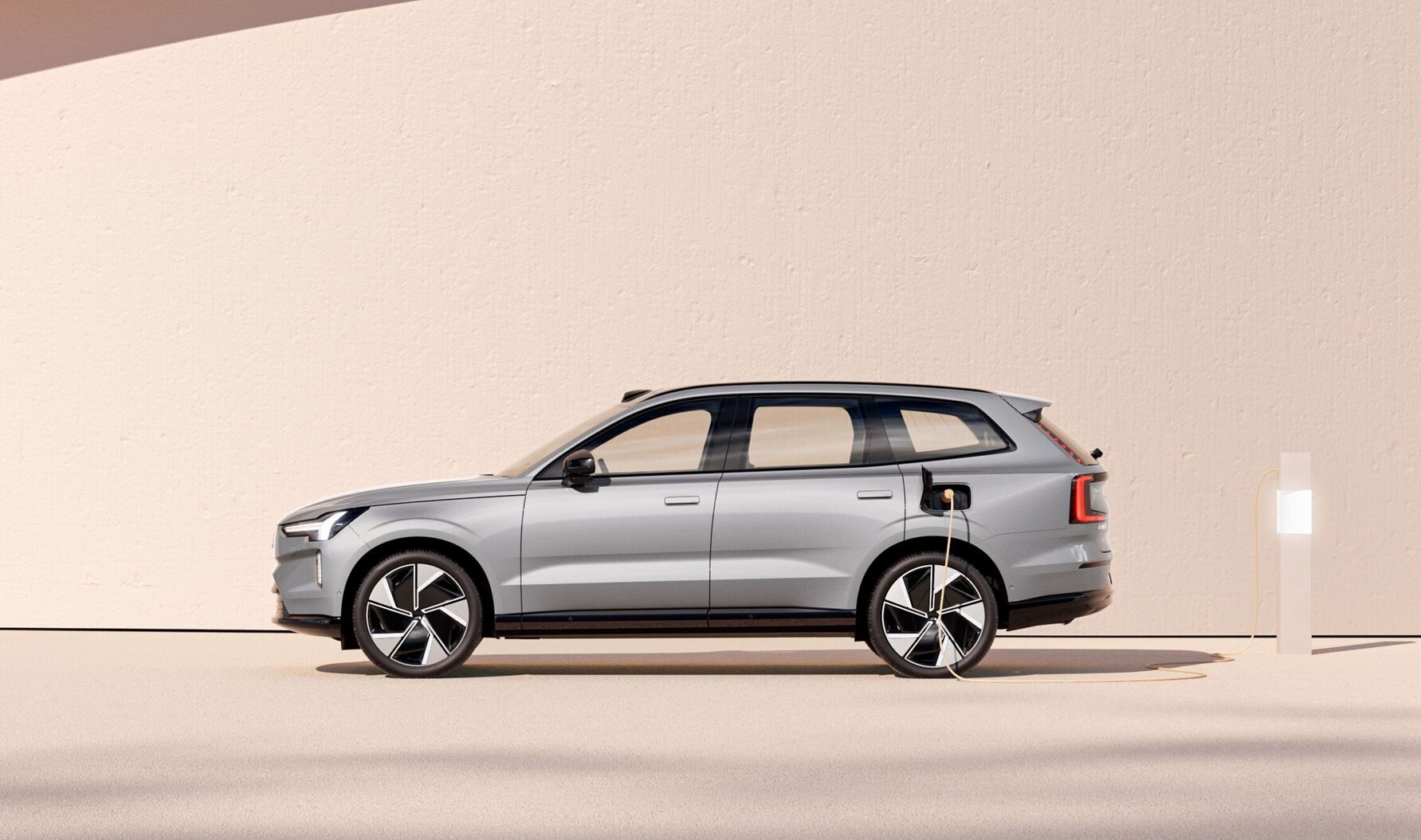
The European Union recently imposed provisional tariffs of up to 37.6% on imports of EVs from China, alleging unfair subsidies, a claim rejected by Beijing. Volvo, majority-owned by China’s Geely, faces a 19.9% tariff on its Chinese-made fully-electric EX30 model until production moves to Belgium, expected to commence early next year.
Volvo anticipates a significant production ramp-up for the EX30 at its Ghent factory in the second half of 2025. Analysts at Bernstein commented that Volvo’s revised sales guidance was prudent given current macroeconomic conditions, noting a slowdown in EV demand due to factors such as affordability and charging infrastructure availability.
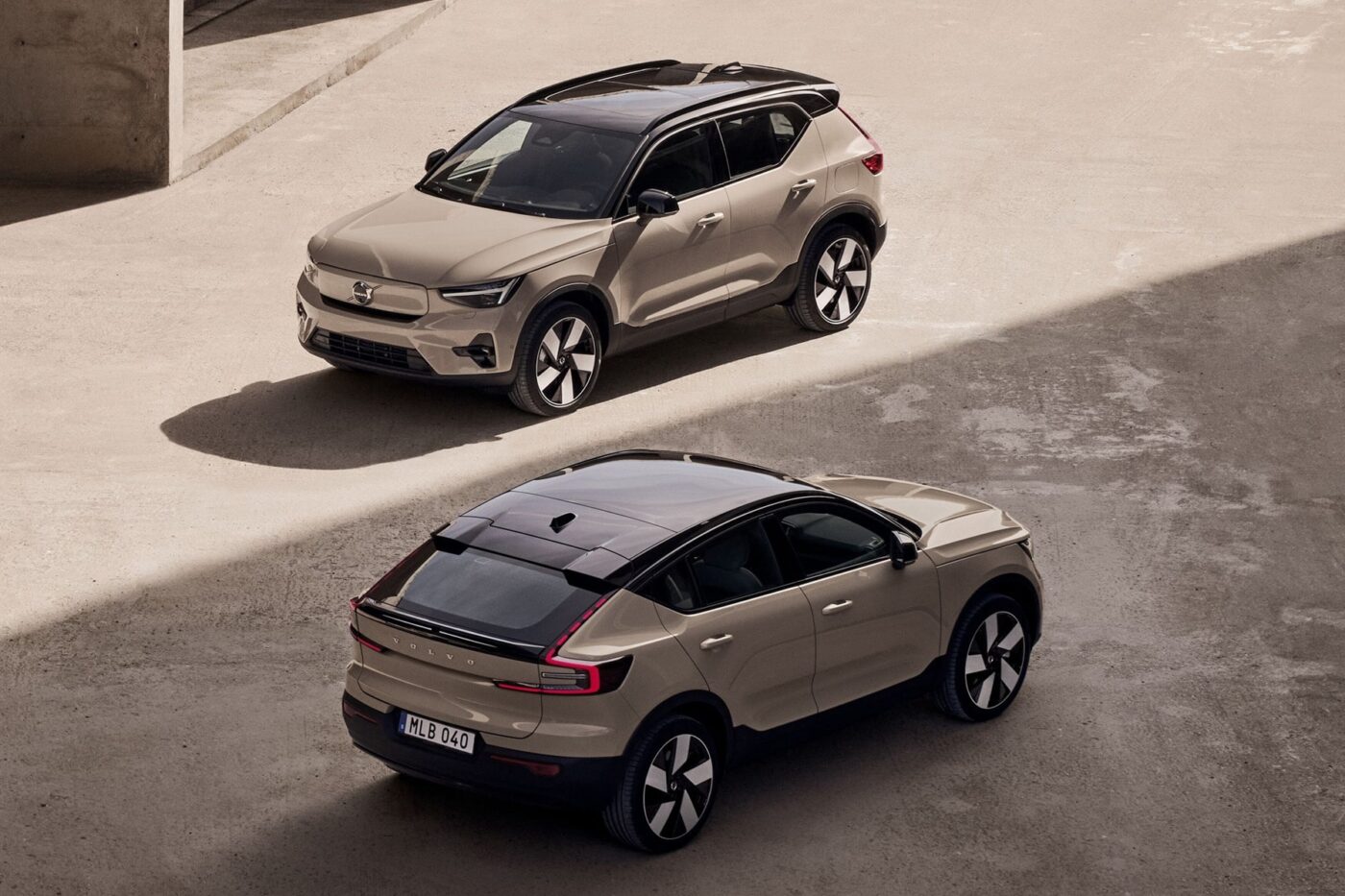
While experiencing a “modest decline” in orders for fully electric models, Volvo highlighted strong demand for hybrid cars, which Rowan described as a “solid bridge” for customers not yet ready for full electrification. In the second quarter, Volvo produced 211,900 cars, surpassing sales figures amidst softer European EV demand.
Operating income, including Volvo’s stake in Polestar, rose to 8 billion crowns ($758 million) from 5 billion crowns a year earlier, exceeding analyst expectations. Volvo’s battery electric vehicle (BEV) gross margins improved to 20% from 16% in the previous quarter, signaling optimism for future profitability despite challenges.
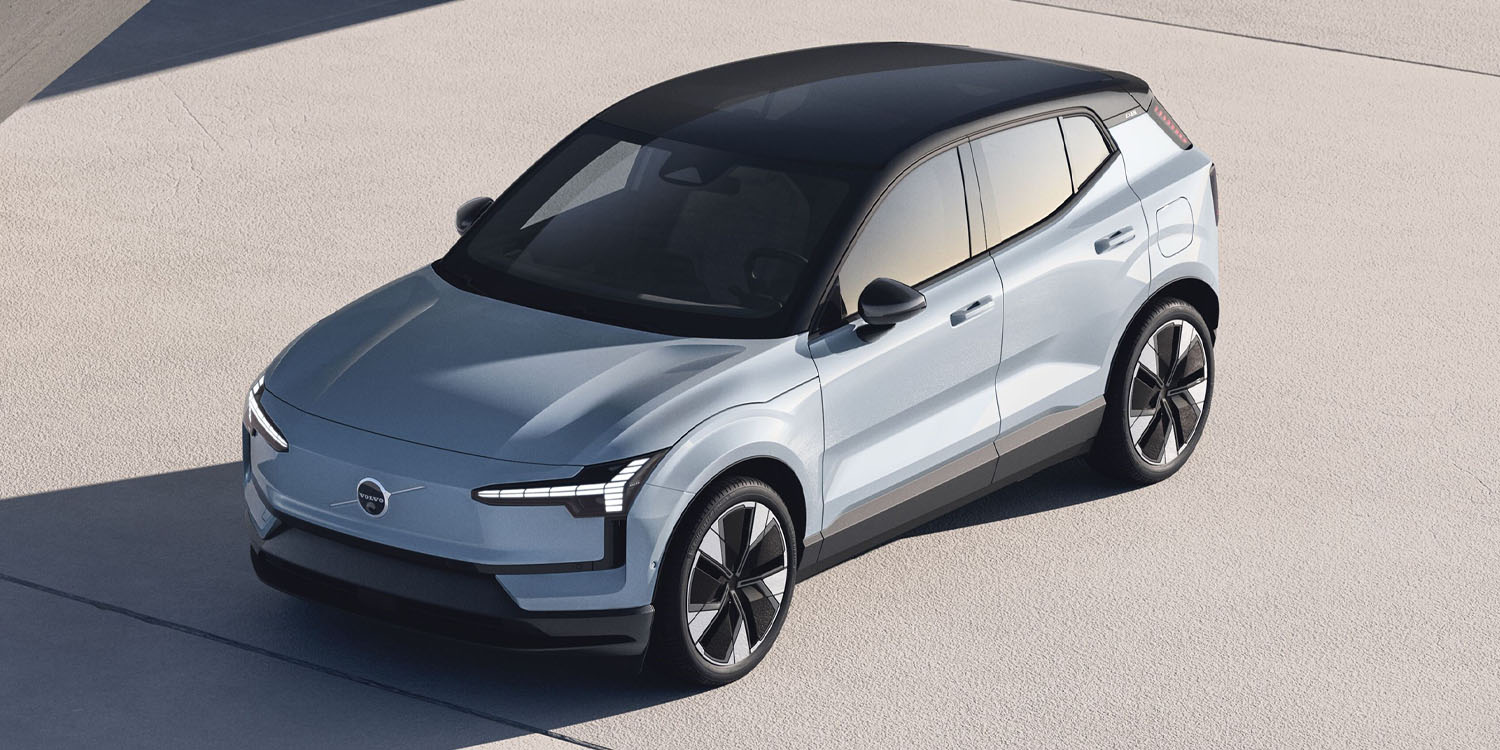
Looking ahead, Rowan indicated Volvo’s intention to discontinue disclosing EV margins starting next quarter, citing increased sensitivity surrounding this financial metric.

